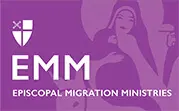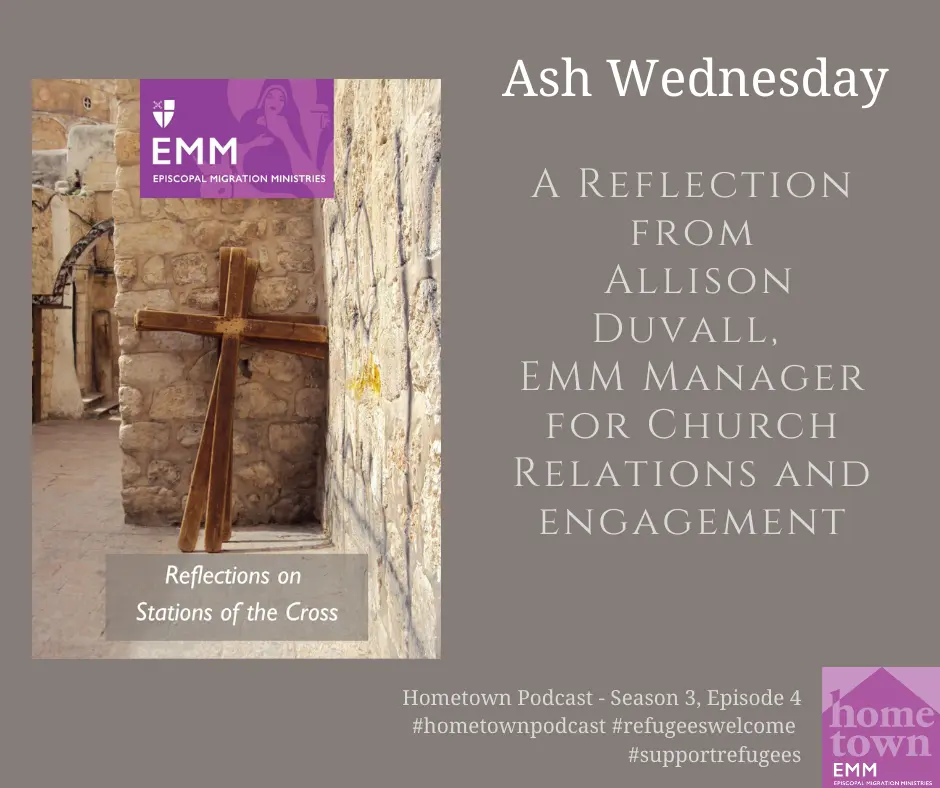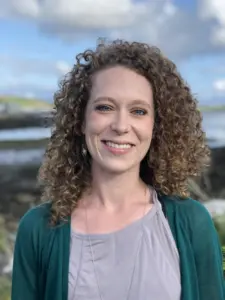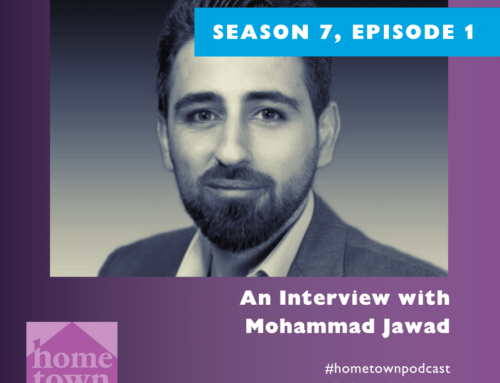Stations of the Cross: Ash Wednesday
Reflection by: Allison Duvall, EMM Manager for Church Relations and Engagement
My parish started offering “Ashes to Go” about a decade ago. Our clergy and lay assistants have been out during snowstorms, downpours, and warm sunshine (such is weather in Kentucky in spring) to impose ashes on the foreheads of church members and passersby alike. In an increasingly secular world, folks bear – if only for a few hours – an outward and visible sign of their true identities: children of God, followers of Jesus, dust to dust.
I recently participated in a Bible study where I was struck to hear friends and fellow church members talk about a disconnect they felt between their true identities as followers of Jesus and the façade they felt obligated to present to the world, especially in their professional lives. Being outwardly Christian feels risky in the spaces they occupy. In their lived experience, claiming that they were Christian led their coworkers and acquaintances to make all manner of assumptions about them, most of which were untrue and which my friends very much want to distance themselves from.
That conversation at Bible study led me to ponder what parts of my identity I might be hiding, what parts of their identities my neighbors might be hiding. For some of us, we may be hiding parts of ourselves because we sense that there is a personal or professional risk in disclosing all of who we are. What will happen if we do?
For our newcomer neighbors who have arrived in this country in recent days, months, or even years ago, the question of what to disclose of their identities can be complicated and complex. What is safe to disclose? To whom? External perceptions of others’ identities are usually incongruous with each person’s identity as God’s beloved. And, to be frank about it, in the United States in 2020, the rhetoric and language often used about our newest neighbors is anything but aligned with their truest nature as children of God, people with inherent dignity and inestimable worth.
As you observe Ash Wednesday and begin your Lenten journey, I invite you to reflect upon your true identity as a child of God, and gently ponder what parts of your identity you may keep hidden, why, and at what cost to you and to others. With the same gentleness and empathy, consider what parts of themselves your neighbors may keep hidden, and at what cost to them, to their families, and to our larger communities and society.
What do we lose, how do we suffer, by keeping parts of ourselves hidden?
What do we lose, and how does our body politic suffer, by creating fear-filled environments and cultures of silence in which our neighbors feel they must keep parts of themselves hidden?
Listen to this reflection on SoundCloud.
Allison Duvall is the Manager for Church Relations and Engagement for Episcopal Migration Ministries, The Episcopal Church’s ministry of refugee and immigrant welcome. In this role, she supports EMM’s refugee resettlement affiliates and educates, empowers, and inspires local congregations, organizations, and individuals to discern and live into the ministries of welcome to which they are uniquely called. She previously was the director of Reading Camp, a ministry of the Diocese of Lexington, and a deputy to General Convention in 2009 and 2012. She works remotely for EMM and continues to reside in the Diocese of Lexington (Kentucky) with her husband, Clay.






